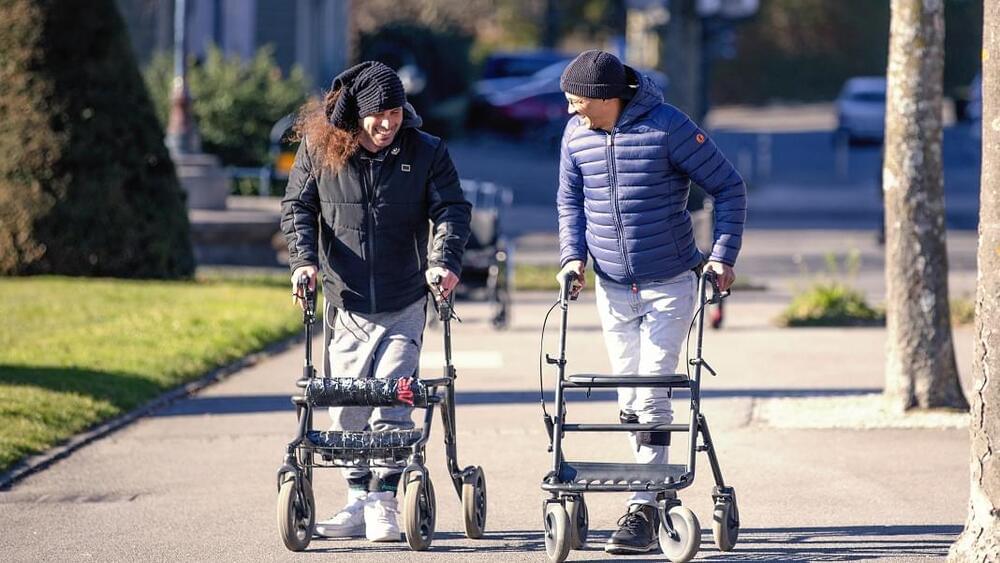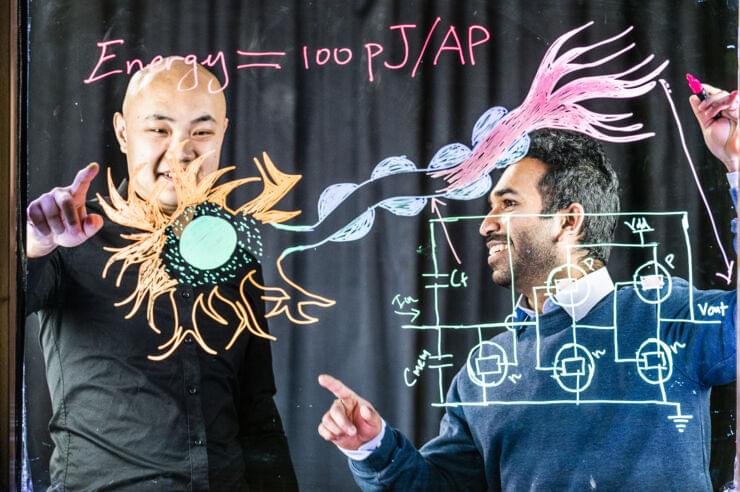
Decades of research has shown that limits on calorie intake by flies, worms, and mice can enhance lifespan in laboratory conditions. But whether such calorie restriction can do the same for humans has remained unclear. Now a new study led by researchers at Yale University, Connecticut, confirms the health benefits of moderate calorie restrictions in humans – and identifies a key protein that could be harnessed to extend health in humans.
The researchers used data from the Comprehensive Assessment of Long-term Effects of Reducing Intake of Energy (CALERIE) clinical trial, the first controlled study of calorie restriction in healthy humans. For the trial, they established a baseline calorie intake among more than 200 study participants. They then asked a share of those participants to reduce their calorie intake by 14% while the rest continued to eat as usual, and analysed the long-term health effects of calorie restriction over the next two years.
Vishwa Dixit, Professor of Pathology, Immunobiology, and Comparative Medicine, and senior author of the study, said that his team wanted to better understand what calorie restriction does to the body specifically that leads to improved health. Building on previous studies in mice, he and his colleagues set out to determine how it might be linked to inflammation and the immune response.

















